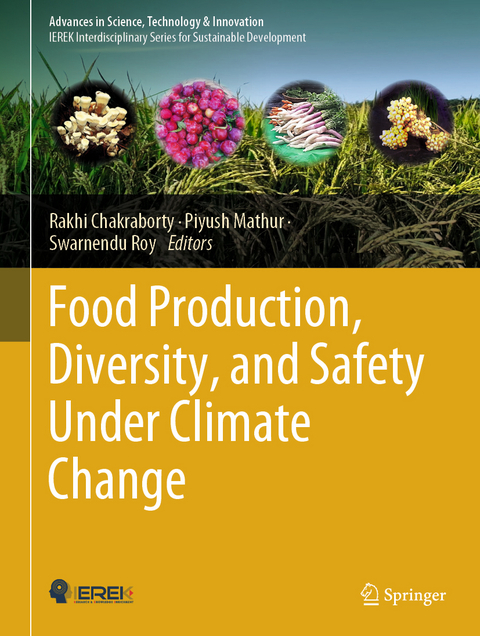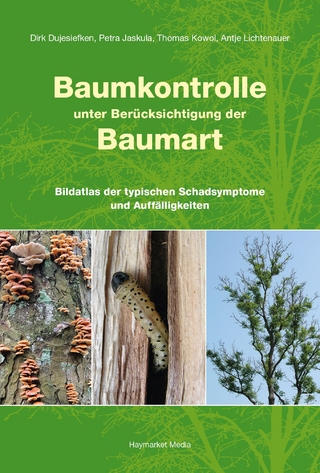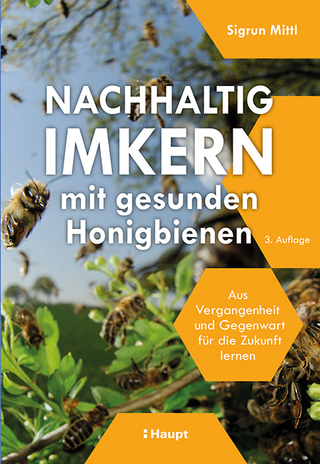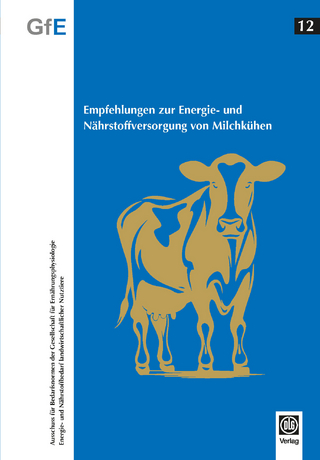
Food Production, Diversity, and Safety Under Climate Change
Springer International Publishing (Verlag)
978-3-031-51646-7 (ISBN)
Dr. Rakhi Chakraborty presently works as an Assistant Professor in the Department of Botany, Acharya Prafulla Chandra Roy Government College, Siliguri, India, for the last 8 years. She has done her Ph.D. on medicinal plants specifically characterizing the antidiabetic and antihyperlipidemic properties of Litsea cubeba fruits traditionally used to cure hyperglycemia and hypertension by the ethnic communities of Darjeeling Himalayas, India. She also has a keen interest in the study of nutraceutical properties of underutilized food plants and the food biochemistry of bakery products. She has also published Research and Review articles in journals of international repute. She has presented her research work in several Seminars and Conferences and has also been awarded the Best Oral Presentation at the West Bengal State Regional Science Congress and at a National seminar organized by the University of North Bengal, India.
Dr. Piyush Mathur is presently working as an Assistant Professor in the Department of Botany, University of North Bengal, West Bengal, India. He has been teaching for the past 6 years and has taught both at the undergraduate and post graduate level He has done his Ph.D. in Botany with a specialization in Mycology and Plant Pathology. Presently, he is supervising four Ph.D. research scholars who are working on microbial diversity, bioprospecting, and plant disease management. He has published quite a number of articles in well-known international journals of good repute. He has also contributed articles as book chapters in International and National books. He has edited two books with Springer and is working on other books too. Dr. Mathur is an active member of the Society of Rapeseed Mustard Research (SRMR), Bharatpur, and Delhi University Botanical Society (DUBS) Delhi, India.
Dr. Swarnendu Roy works as an Assistant Professor at the University of North Bengal, Siliguri, India. He has more than 13 years of teaching experience. He has received the University Gold Medal for securing the first position at B.Sc. and the University Silver medal for securing the second position at M.Sc. level. He received the Post-Graduate Merit Scholarship for University Rank Holder-awarded by the Ministry of HRD and UGC (2006-2008), Government of India. He also received the CSIR Junior Research Fellowship, which was awarded by CSIR-UGC (2008). He is actively engaged in research topics encompassing plant stress management by engineered nanoparticles and the synthesis of starch-based biofilms and edible coatings. He has published more than 40 articles with high-impact factors in reputed journals, such as Water Research and Scientific Reports, among many others. He has recently edited two books published by Springer and has also published several book chapters in edited volumes to date. He is a life member of prestigious societies like "The Indian Science Congress Association"; "Association of Food Scientists and Technologists (India)" and "Society of Plant Research (India)".
1. Present Status and Challenges in Meeting Food Demand: Case Studies with Respect to Developing Countries.- 2. Climate Change and its Impact on Food Security and Food Safety.- 3.Food and Nutritional Security under the Changing Climate: Understanding the Established and Indeterminate Factors.- 4. Urban Agriculture: A New Dimension in Alternative Farming Systems for Achieving the Target of Food for All.- 5. Subsistence Agriculture - An Approach Towards Food Security in Changing Climate.- 6. Food Security Through Farming Subsistence Crops.- 7. Traditionally Fermented Foods and Beverages for Nutritional Security and Global Acceptance.- 8. Traditional and Underutilized Fruits and Vegetables for Attaining Zero Hunger, Food Production, Diversity, and Safety under Climate Change.- 9. Bioactive Compounds of Bhoomi Amla (Phyllanthus niruri): Nutritional and Pharmacological Aspects.- 10. Primary Processing of Fruits and Vegetables.- 11. Fresh Fruits and Vegetable Quality and Safety: A Deep Insight on the Benefits of An Organic Farming Approach.- 12. Food Products of Non-plant Origin to Combat the Problem of Nutritional Deficiency.- 13. Eri Silkworm Pupae: An Alternative Source of Protein in Changing Climate.- 14. Global Warming and Sexual Plant Reproduction: Impact on Crop Productivity.- 15. Floral Nectar Microbiome: An Untapped Aspect and its Overall Impact on Crop Productivity in Plants in Changing Global Scenarios.- 16. Harnessing Endophytic Bacteria for Crop Improvement: Unveiling the Benefits in Agriculture.- 17. Climate-Smart Advanced Technological Interventions in Field Crop Production under Problematic Soil for Sustainable Agricultural Development.- 18. Genetically Modified and Gene-Edited Food Crops: Recent Status and Future Prospects.- 19. Targeting Induced Local Lesions in Genomes: A transgenic Approach for The Improvement Desirable Crop in The Current Era of The Changing Climate.- 20. Nanotechnology in Food Crop Production and Food Processing Industry.- 21. Engineering Native Nanoparticles for Enhancing Functional Attributes and Their Prospects in The Synthesis of Nanoformulations for The Betterment of Agriculture.- 22. Implication of Nanotechnology for the Management of Seed-Borne Pathogens in Cereal Crops.- 23. Recent Advances in Food Packaging for Shelf Life of Food.- 24. Novel Technologies for Shelf-Life Extension of Food Products as a Competitive Advantage: A Review.- 25. An Overview of Food-Borne Pathogenic Microbes: Classification, Mode of Actions and Recent Advances in Strategies for Management of Food-Borne Pathogens.- 26. Food Safety and Hygiene: Current Policies, Quality Standards and Scope of Artificial Intelligence.
| Erscheinungsdatum | 04.04.2024 |
|---|---|
| Reihe/Serie | Advances in Science, Technology & Innovation |
| Zusatzinfo | XIII, 331 p. 39 illus., 34 illus. in color. |
| Verlagsort | Cham |
| Sprache | englisch |
| Maße | 210 x 279 mm |
| Themenwelt | Weitere Fachgebiete ► Land- / Forstwirtschaft / Fischerei |
| Schlagworte | Crop improvement • ethnobotany • Food • Nutraceutical • Traditional Food • Underutilized plants |
| ISBN-10 | 3-031-51646-X / 303151646X |
| ISBN-13 | 978-3-031-51646-7 / 9783031516467 |
| Zustand | Neuware |
| Haben Sie eine Frage zum Produkt? |
aus dem Bereich


